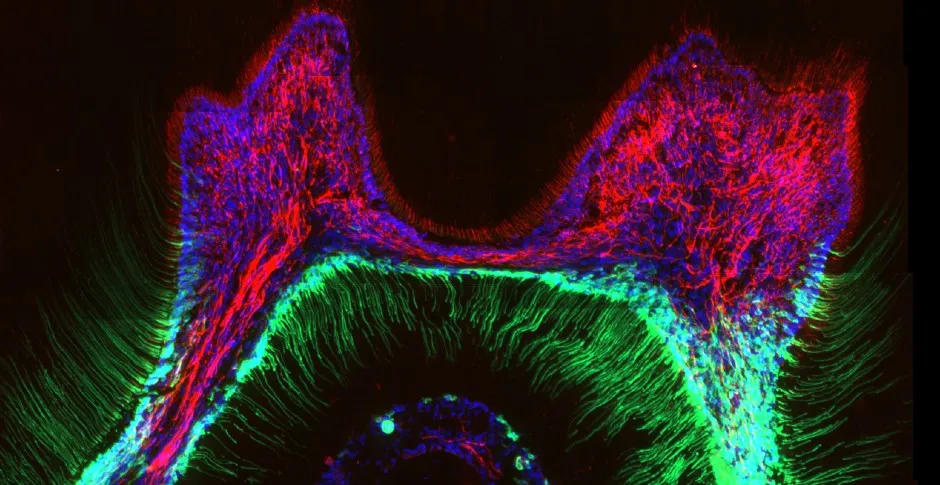We've all been there. An enthusiastic chomp of an ice lolly triggers a sharp, intense pain in your teeth that is mercifully rare outside the dentist's chair. Now, scientists think they've discovered what causes the grim sensation, and how teeth feel the cold in the first place.
A new study reveals that certain tooth cells in both humans and mice contain cold-sensitive proteins that detect drops in temperature and sound the alarm to the brain, triggering a wince-inducing jolt.
"It's a unique kind of pain," saysDavid Clapham, vice president and chief scientific officer of the Howard Hughes Medical Institute (HHMI). "It's just excruciating."
Clapham, together with an international team of scientists, traced the source of the pain back to an ion channel called TRPC5 that they first discovered 15 years ago. Ion channels are proteins that create pores in the membranes of every cell in our bodies. These act like molecular gateways, opening or slamming shut when they detect the presence of certain chemicals, electrical signals or changes in temperature.

When they open, ions flood into the cell, creating an electrical pulse that travels between cells. It's one of the body's mechanisms for quickly sending information, and underpins a number of essential bodily functions.
In the new research, the team traced the TRPC5 ion channel back to a specific kind of cell found in teeth called odontoblasts. The cold-sensitive protein kicks off when exposed to an icy slurp of lemonade or some other drop in temperature.
It's also a good reason to brush your teeth properly. The team also found that TRPC5 is more prevalent in teeth that have cavities, explaining why tooth decay can increase our sensitivity to cold food and drinks.
This sharp pain has been something of a blind spot for researchers, Clapham says, "but it is important and it affects a lot of people."
It's thought that 2.4 billion people have untreated cavities in their teeth. The enamel on our teeth is the hardest substance in our bodies, but bacteria and acid cause it to erode with time.
Clapham's team hopes the new research will lead to new therapies for sensitive teeth.
Read more about teeth:
